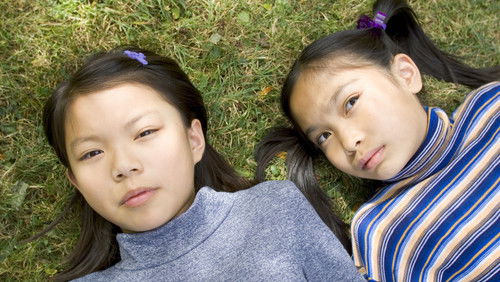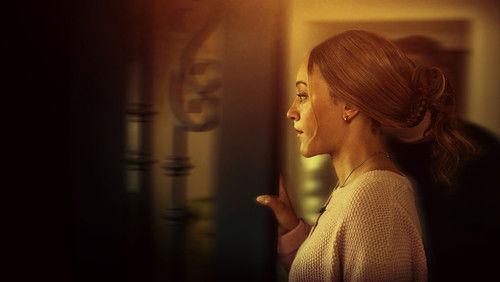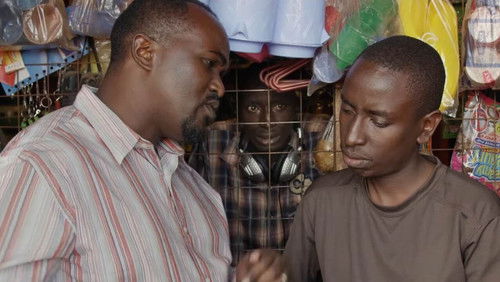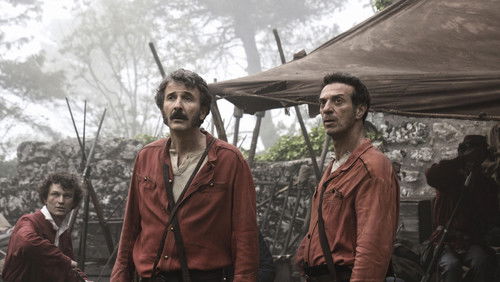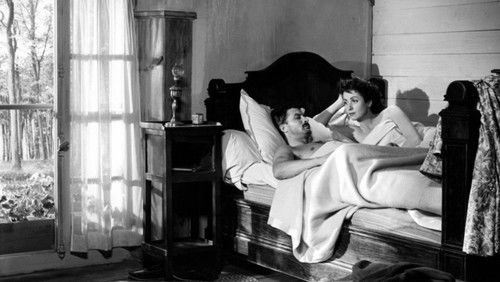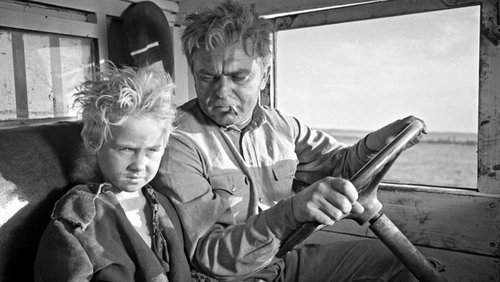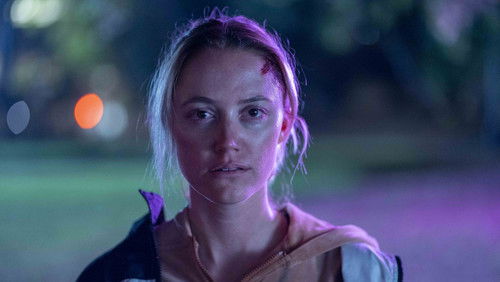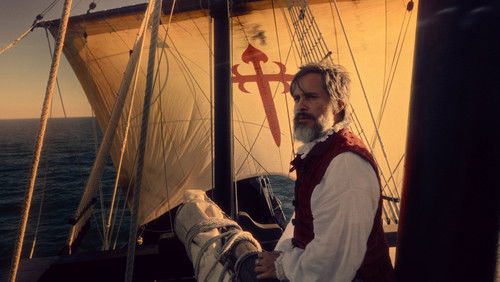Ainu moshiri (2020)
48KAinu moshiri: Directed by Takeshi Fukunaga. With Kanto Shimokura, Debo Akibe, Emi Shimokura, Masao Nishida. A coming of age tale about Kanto, a 14 year old boy, and a descendant of Japan’s indigenous Ainu people, who struggles to come to terms with the recent loss of his father. One day, he learns about the small hole in the cliff in nearby forest that Ainu people considered a path to the other side of the world – where dead people live. Kanto decides to visit the hole, hoping to see his deceased father.
“Fourteen-year-old Kanto is a typical teenager in rural Japan, bored by provincial life, finding escape in playing with his rock band and watching Hollywood sci-fi blockbusters on TV. He is also Ainu, a burden he is thinking of shedding. His Mum runs a souvenir store in a tourist town that is pretty much an Ainu theme park, and Kanto, with thoughts of his recently deceased Dad in his mind, is thinking of moving on to something else. Something different.u003cbr/u003eu003cbr/u003eAt this point, a community elder Debo takes Kanto out to the mountains and gently socializes him into Ainu ways. He shows him how to greet the mountain and dispense offerings, and relates legends of a village of the dead beyond mysterious boulders. Kanto is nonplussed by all this, but when Debo shows him a bear cub he has been secretly raising, and asks Kanto to help, the boy comes alive. What Debo doesnu0026#39;t tell Kanto is the reason why he is raising this bear cub. When Kanto discovers the truth, it sets the two generations of Ainu at loggerheads.u003cbr/u003eu003cbr/u003eAinu Mosir is a film to immerse yourself in and experience. It manages to showcase Ainu music, customs and culture without sentimentalizing them. Writer-director Fukunaga casts Ainu non-actors and achieves a process whereby the story and performances feel rooted in authentic concerns and experiences. Debo Akibe as Debo is a brooding presence, a man as much in conflict with his identity as the young teenager he takes under his wing. His wish to resurrect a dormant custom, one which may put the community in collision with wider Japanese and global society, provides a focus for wider contemplation of the plight – and it is a plight – of indigenous people everywhere. The Ainu, a proud people long constrained and confined by another culture, suffering a slow death, perhaps need to find traditional if brutal symbolism to express their plight. That may be my personal reading of the fate Debo has in mind for the bear. One of the many joys of this film is that it offers up many readings.u003cbr/u003eu003cbr/u003eThe compact 84-minute running time reveals deft storytelling skills as Fukunaga takes time to show music and dance, feasting and sorrow, and make social commentary as tourists compliment their fellow Japanese Ainu on being good at Japanese, But none of this distracts from Kantou0026#39;s journey of awakening, as his mother, Debo, musical pals and even the bear cub, offer up a gaze onto his journey that invites him, and us, to question who he is and where he is headed.u003cbr/u003eu003cbr/u003eAinu Mosir is a beautiful, lyrical film, and a confident sophomore outing for Fukunaga. One suspects that representations of Ainu in Japanese cinema will be measured against this film for many years to come.”

